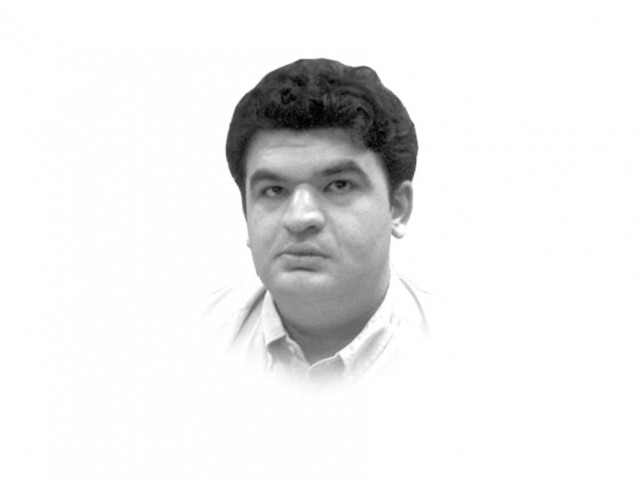Talk about the passion
In Pakistan, unfortunately, our passion is daily politics of the most mind-numbing kind.

By now, it has become a cliché to say that we are a politics-obsessed country but that does not make it any less true. The problem, however, I would argue, is not our fixation with politics. It is that we ignore questions of policy in favour of political personalities and battles, which are only ephemeral in their importance. In a sense, we have made politics into a spectator sport. Who cares if Federer can beat Nadal when we have a rooting interest in the latest boxing bout between the president and the chief justice?
This cancer has spread the furthest in the opinion pages of our newspapers. Here, analysts offer not arguments but predictions. Rather than furthering debate on important issues, columnists are more interested in being seers. Who is going to be the next prime minister? Whose stock is up and whose fortunes are flagging this week? These are the kinds of disposable pieces we get. It is said that the best test of good writing is to see if it is still being read after the author has passed away. In our cases, the articles themselves are dead on arrival.
One of my favourite columnists, Irfan Husain, would occasionally begin a piece by saying something like how he knows it’s important he write about such and such political issue but that today he wants to talk about the qualitative differences between biryani and pulao. Despite being an astute writer on politics, these were the pieces that truly revealed Husain’s warmth and breadth of knowledge. Of the hundreds of columns I have read by him, the one I instantly recall is on the various ways of preparing an egg.
I realise I am opening myself to the charge of hypocrisy since, on most weeks, I end up being exactly the kind of political columnist I hate to read. In my defence, it’s because I have no other choice. Being too much of an introvert to be a good reporter and not a good enough writer to become a novelist, political analysis is the only way I have of paying mounting bills. As much as I would love to write thousands of words on, say, the effect Kishore Kumar’s voice has on me, no Pakistani newspaper is about to pay me regularly to do so.
Ultimately, we get the kind of political analyses we deserve. When the most popular television programmes in the country are the shouting matches by a group of rowdy people, there is little hope for discourse that rises above personality clashes and insta-analysis of the day’s political battles. It is so much easier to denounce a certain politician as corrupt rather than do the hard work of actually looking at the structural causes of corruption. Who needs to study up on the Constitution when we can just give our personal opinion of the chief justice?
It is said that a writer cannot write about what he is most passionate about. In Pakistan, unfortunately, our passion is daily politics of the most mind-numbing kind.
Published in The Express Tribune, July 6th, 2012.















COMMENTS
Comments are moderated and generally will be posted if they are on-topic and not abusive.
For more information, please see our Comments FAQ